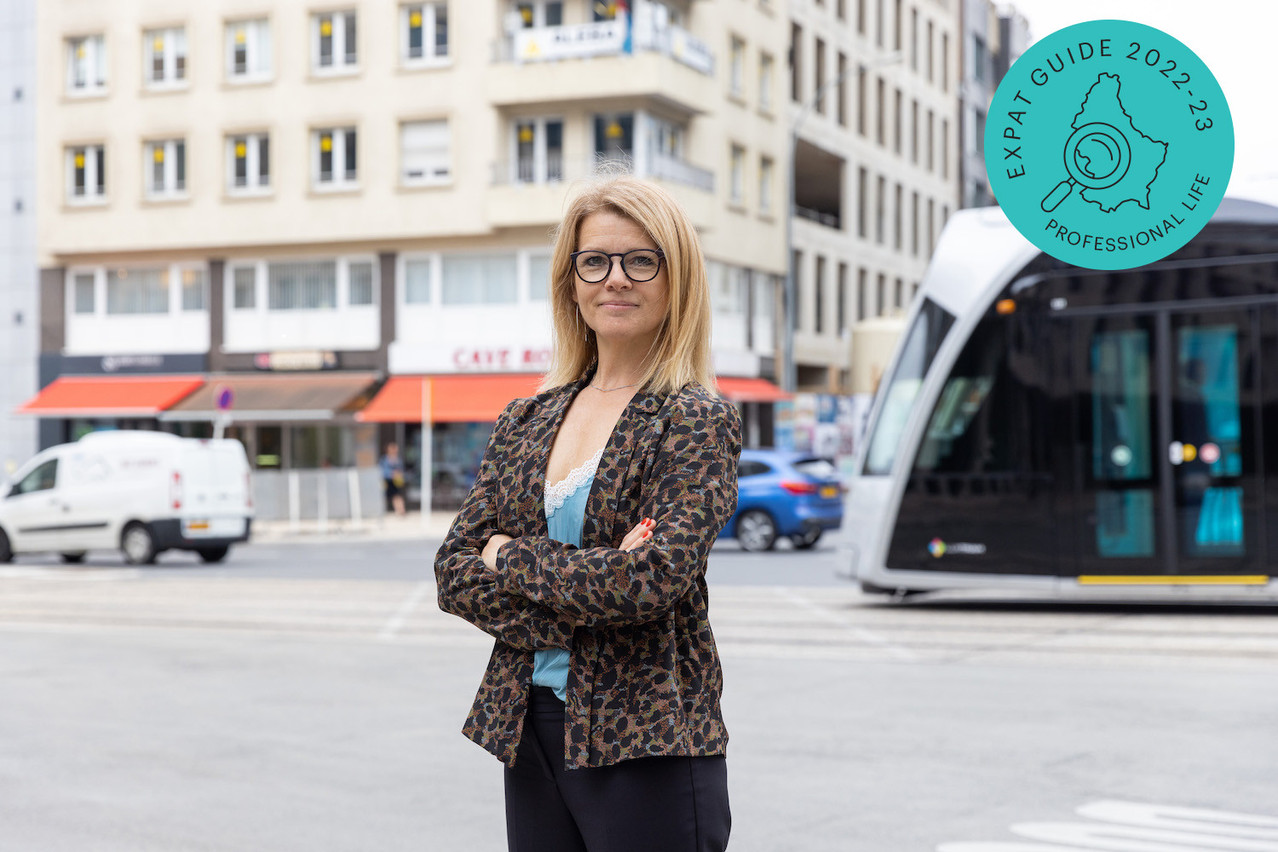The grand duchy has a strong union culture that has been institutionalised with the so-called “Luxembourg model”, a trialogue between the government, employer groups and labour unions at different levels of policymaking that aims to build consensus around hot button issues and the response to crises, whether it’s the pandemic or the energy price hike.
“Any union has the same basis, because we’re here to defend the labour code,” says Delphine Nicolay, secretary general of financial sector union Aleba. Together with the OGBL and the LCGB, it is one of the country’s main labour unions. The organisations operate in different languages, some with dedicated international sections, but all are also “currently losing members,” says Nicolay. Foreigners and younger people especially are less likely to join.
Under Luxembourg law, employees have the right to join a labour union, which provides legal advice to members who are in dispute with their employer and support with practical issues, such as social security.
But beyond individual concerns, they represent employee interests, for example when reviewing labour policy or negotiating redundancy plans and collective work agreements. Employers are represented through their own federations, such as the UEL business union.
“Without unions there’s no collective bargaining,” says Nicolay. “You have to think about how a union could help you in your future.”
